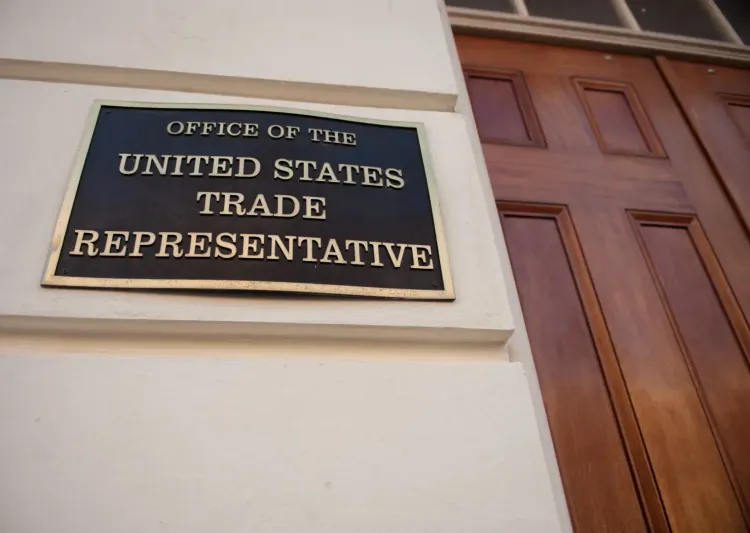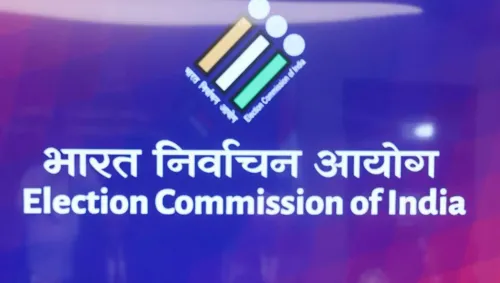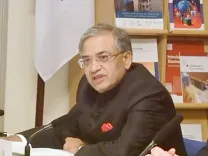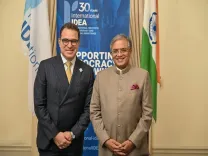USTR Presents Annual Global Tariff Report to President Trump

Synopsis
Key Takeaways
- The USTR submitted the 2025 National Trade Estimate to President Trump.
- The report highlights foreign trade barriers for US exporters.
- India's tariffs are among the highest globally.
- Recent reductions in Indian tariffs on US goods are acknowledged.
- The NTE is due annually by March 31.
Washington, April 1 (NationPress) The United States Trade Representative's Office (USTR) has presented the 2025 National Trade Estimate (NTE) to President Donald Trump and Congress on Tuesday.
The NTE serves as an annual overview of foreign trade barriers encountered by US exporters, highlighting the USTR's initiatives to mitigate these barriers. The report outlines the tariffs imposed by nations engaged in trade with the US.
Ambassador Jamieson Greer remarked, "No American President in recent history has recognized the extensive and detrimental foreign trade barriers that American exporters confront like President Trump. Under his guidance, this administration is rigorously working to tackle these unjust and non-reciprocal practices, promoting fairness and prioritizing the interests of hardworking American businesses and laborers in the global marketplace."
The insights from the 2025 NTE reinforce President Trump’s America First Trade Policy and his 2025 Trade Policy Agenda, as stated in an official announcement.
The report reveals that "India's average Most-Favored-Nation (MFN) applied tariff rate was 17.0 percent in 2023 (the most current data available), marking the highest among major global economies, with an average applied tariff of 13.5 percent for non-agricultural items and 39.0 percent for agricultural products. India enforces high tariffs on a variety of items, ranging from vegetable oils, apples, corn, and motorcycles (50 percent); automobiles and flowers (60 percent); to alcoholic beverages (150 percent)."
The report does not reflect the most recent tariff reductions announced by India for US products in the 2025-26 Budget. For example, the duty on motorcycles has been lowered to 40 percent, while the tariff on bourbon whiskey has been decreased from 150 percent to 100 percent.
"Additionally, India imposes substantial basic customs duties (in some cases surpassing 20 percent) on pharmaceutical formulations, including essential life-saving medications listed by the World Health Organization. Elevated tariff rates also create significant trade barriers for various agricultural commodities and processed foods (e.g., poultry, potatoes, citrus, almonds, pecans, apples, grapes, canned peaches, chocolate, cookies, frozen french fries, and other fast-food ingredients)," the report elaborates.
The NTE is an annual requirement submitted to the President and Congress by March 31 each year. USTR collaborates closely with other governmental bodies and US embassies while welcoming public feedback through a Federal Register Notice to compile the NTE.










